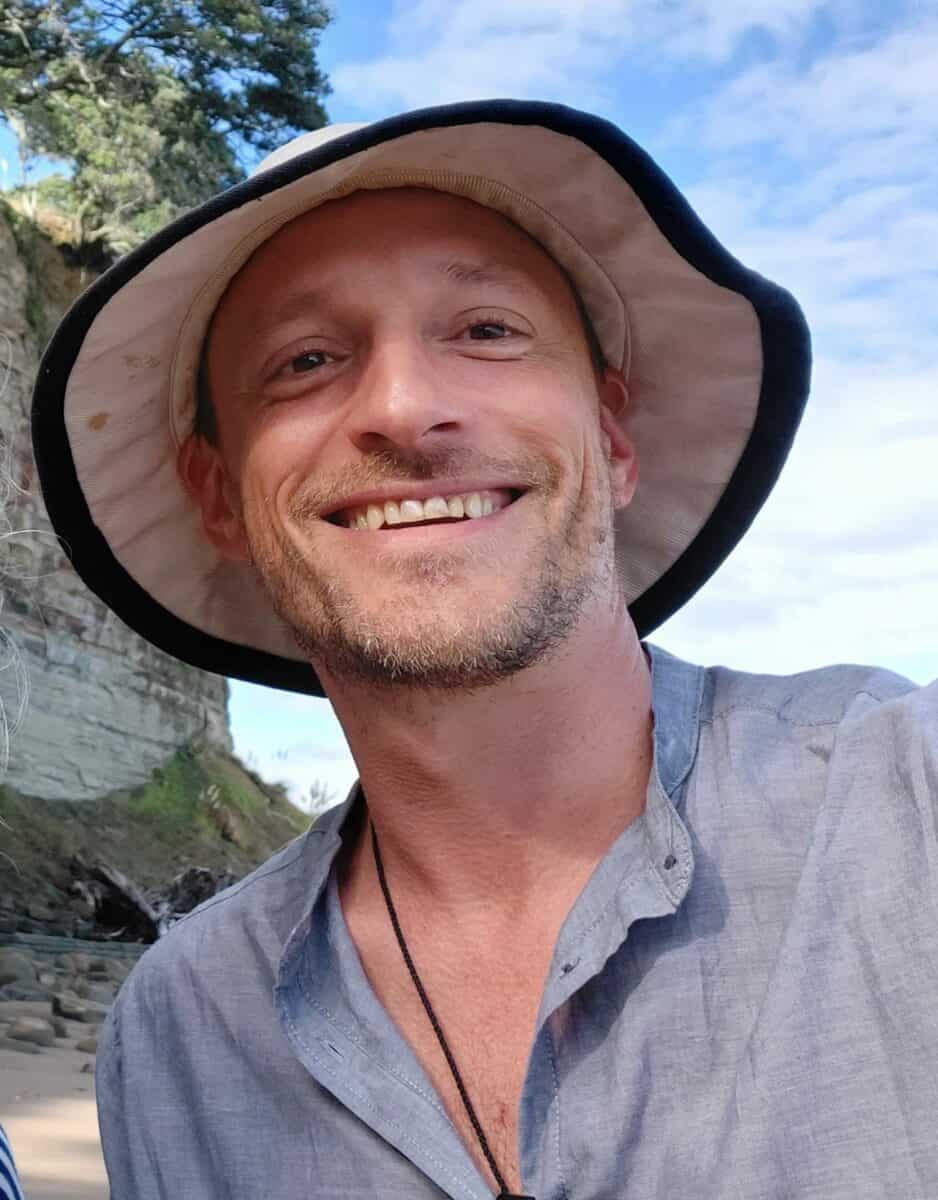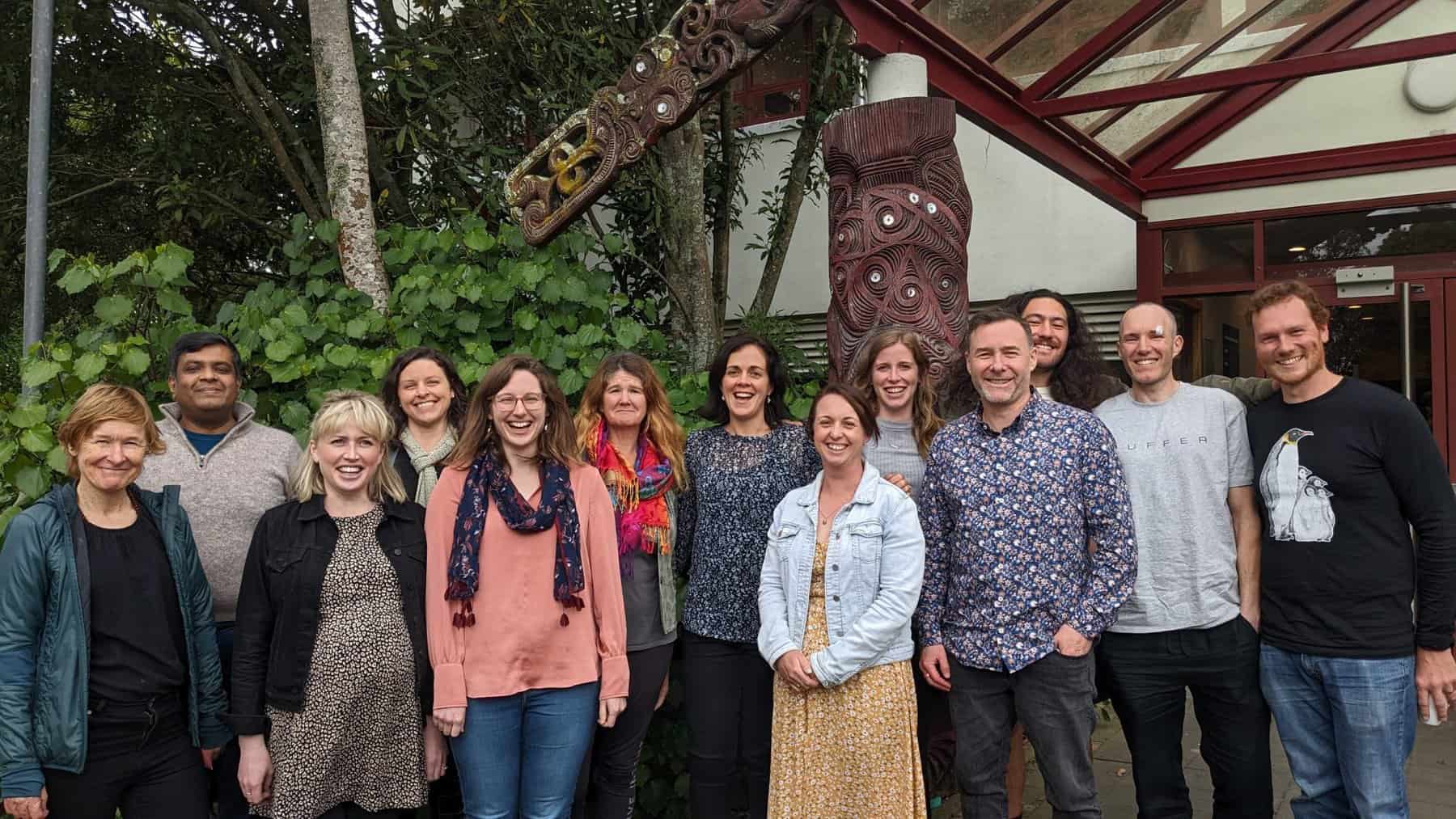A digital public good is exactly what it sounds like. It is an open-source digital tool designed for the public good, in this case, across the whole world.
The Digital Public Goods Alliance was launched in 2019 and has member-organisations such as UNDP, UNICEF and the Norwegian Agency for Development Cooperation (Norad) on its governing board.
“The supergoal of people working in digital development is to make and give away into the digital commons things that everyone can use to solve the pressing issues of today,” says Nathaniel Calhoun, Strategy and Artificial Intelligence Advisor for Eco-index.
An example of a successful digital public good is DHIS2, a digital medical records toolkit designed to take a Ministry of Health in any given country from the pen and paper era to a digital era, while meeting the needs for national-scale health systems and data privacy.
“DHIS2 and other Digital Public Goods are appealing to countries with limited resources because they are free to use, secure, and publicly maintained,” says Nathaniel.
The layers of the Biodiversity Dashboards that Eco-index is developing can be used for monitoring the current state of, and changes in, biodiversity at a large scale. They also allow for the correlation of those changes with economic investments being made to improve biodiversity outcomes.
“We want to be able to determine the most cost-effective things we can do to move the needle on biodiversity,” says Nathaniel.
The dashboard layers will be able to be generated for regions, catchments, Iwi and primary industries. The tool will allow governments, Iwi, communities or research organisations to see progress and make improvements to their strategy for better biodiversity outcomes.
Eco-index’s certification places the Dashboards tool as one of 139 digital public goods on the DPG Alliance registry as of October 2022, and as one of only nine DPGs under the “Life on Land” Sustainable Development Goal.
This certification is a huge step to becoming a trusted resource for those designing detection tools for biodiversity across ecosystem types.
“We want to be a landing place where everyone, from Ministers for Environment to researchers to environmental non-profits, can come to locate the best set of tools for standing up biodiversity monitoring and biodiversity impact tracking.”
Being certified extends the Eco-index beyond use in only Aotearoa, to make it available to large, multinational organisations in numerous countries and contexts.
Currently, scientists from the University of Waikato and the University of Canterbury are being asked for scientific and technical advice by a major European organisation concerned with ecosystem regeneration. This connection is a direct result of achieving Digital Public Good status.
Nathaniel Calhoun

The Eco-index Biodiversity Dashboards have gained credibility in the global community not only because of the tool’s scientific excellence but because of the team’s efforts to inform their work with Te Ao Māori concepts.
“In many places where biodiversity monitoring is most political and most needed, there is a fraught cultural line between the Indigenous people and outside forces with an interest in conservation,” says Nathaniel.
The Eco-index team is working to raise the issue of Indigenous data sovereignty and is pleased to find the international community engaging on these topics as well.
Well done to the Eco-index team on this win for biodiversity and for placing Aotearoa on the digital public goods global map.
